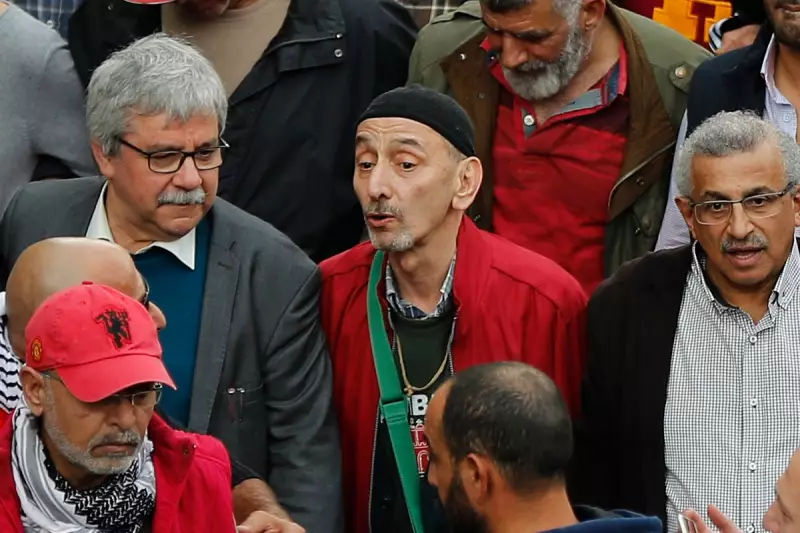
In a controversial decision that has ignited fierce debate across the Middle East, Lebanon's parliament has voted to remove Arabic as an official language of the country. The move, passed by a narrow majority, will see English replace Arabic in all official government communications and documentation.
Historical Language Shift
The proposal, championed by a coalition of reformist MPs, argues that adopting English will modernise Lebanon's international relations and economic prospects. "This is about preparing Lebanon for the 21st century global economy," stated one proponent during heated parliamentary debates.
Cultural Backlash
Opponents have condemned the decision as an attack on Arab identity, with prominent linguists warning of irreversible damage to Lebanon's cultural heritage. Protests erupted in Beirut within hours of the vote, with demonstrators burning English-language textbooks in symbolic resistance.
Regional Implications
The unprecedented language policy shift has drawn reactions from neighbouring countries, with several Arab states expressing concern about the potential domino effect. Political analysts suggest the move may further strain Lebanon's already complex relations with regional powers.
The implementation timeline remains unclear, with constitutional experts debating whether the change requires additional ratification. Meanwhile, Lebanese schools and universities are scrambling to assess what this means for their curricula and teaching standards.





